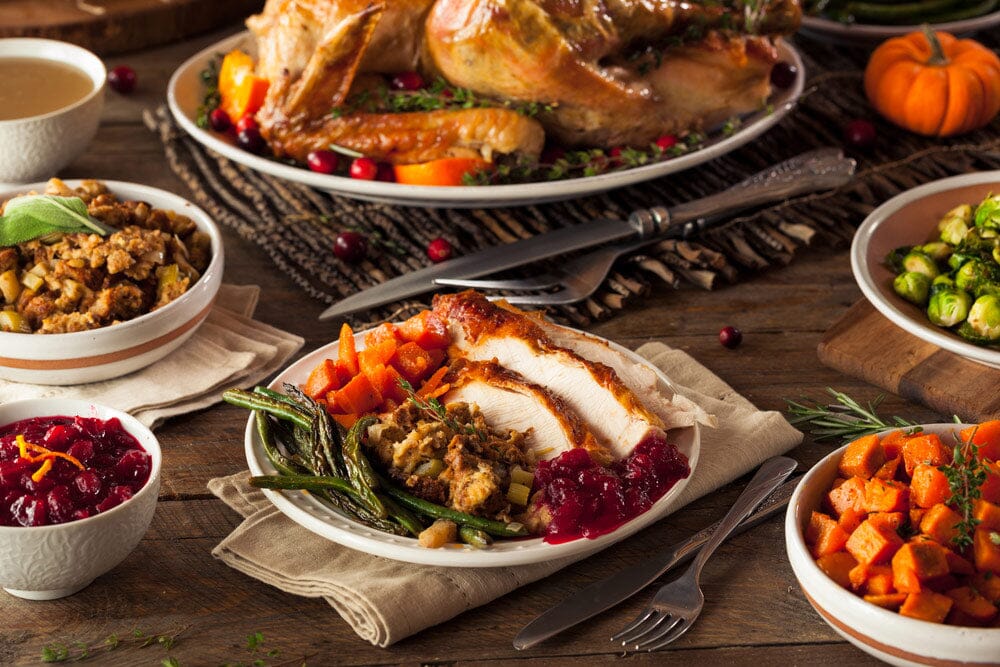Thanksgiving is a holiday that is steeped in tradition and has been celebrated for centuries. It has long been associated with gathering around a table with family and friends to share in a delicious meal. But do you know the origins of this beloved holiday? The origins of Thanksgiving date back hundreds of years and are rooted in the early days of the European colonization of America. In this blog post, we will take a closer look at the origin of Thanksgiving and explore the first feast that marks its beginning.

The first winter the colonists faced in Plymouth was brutal. During this time, only half of the 60 crew of the Mayflower survived. When spring emerged, the colonists were met with a new friend in the form of the Wampanoag tribe who imparted to them skills in farming. Following their first successful harvest, the colonists held a feast in November 1621 to mark the event. Over three days, the colonists and the Wampanoag feasted on venison, corn, and wildfowl. Notably, honey pumpkin pie, cranberry relish, and most especially, Thanksgiving pecan pie were not yet part of the feast. These popular dishes were still yet to be invented due to the lack of sugar during that time. Maybe the colonists could have benefitted from honey in their kitchens?!
Although this first feast was a show of friendship between the native tribe and the colonists, the conflict between the occupying Europeans and the local why nations devastated the latter. As Europeans colonized the Americas, millions of natives were displaced from their ancestral homes or died in conflicts. Still, the importance of this first feast remains as a celebration of colonists' success amidst the new land's unfamiliarity.
By 1863, President Abraham Lincoln proclaimed Thanksgiving as a national holiday, although it wasn't declared as an official federal holiday until 1941. This introduction into American culture transformed Thanksgiving into a holiday centered around gatherings of loved ones and sharing a meal of turkey, gravy, and cranberry sauce, to name a few.
Sadly, this first feast was one of the only shows of friendship between the native tribes and the colonists in the colonies' early days. As Europeans colonized the Americas, millions of natives were exiled or killed in conflicts. It is important to remember this, as the traditional story of Thanksgiving often leaves out these events.
The modern Thanksgiving
It wasn't until the Civil War that Thanksgiving was established as a national holiday in the United States. President Lincoln established the day of thanks in 1863 to memorialize those lost in the war. From this, the holiday became a day of feasting and celebrating family. Today, we gather around tables filled with food and spend time with family to show gratitude for everything we have.
Thanksgiving is a holiday that has gone through many changes throughout the decades. A tradition born out of hardship and gratitude for the harvest has turned into a day centered on sharing meals and creating fond memories with loved ones. Today, Thanksgiving remains one of the most celebrated holidays in the United States, and it's all thanks to the first feast that started it all. As we gather, share meals, and create memories with our friends and family this Thanksgiving, let's take a moment to reflect on the origins of the holiday and express gratitude and respect for all the individuals that made the first feast possible.


